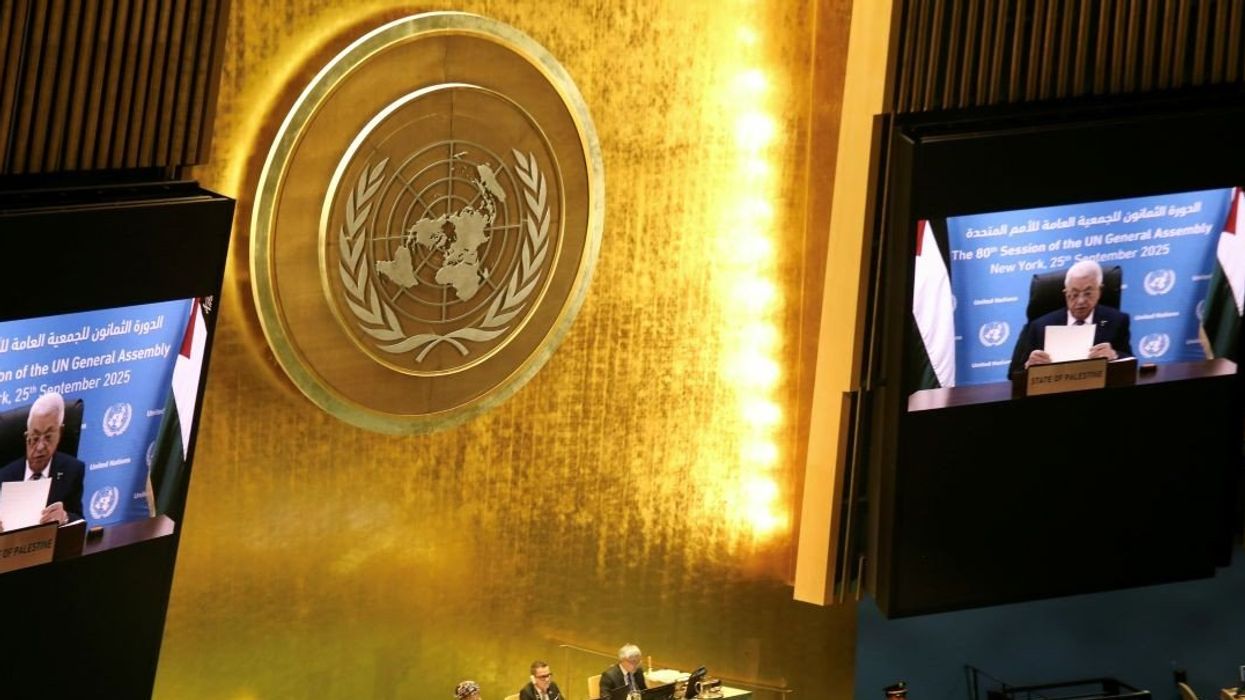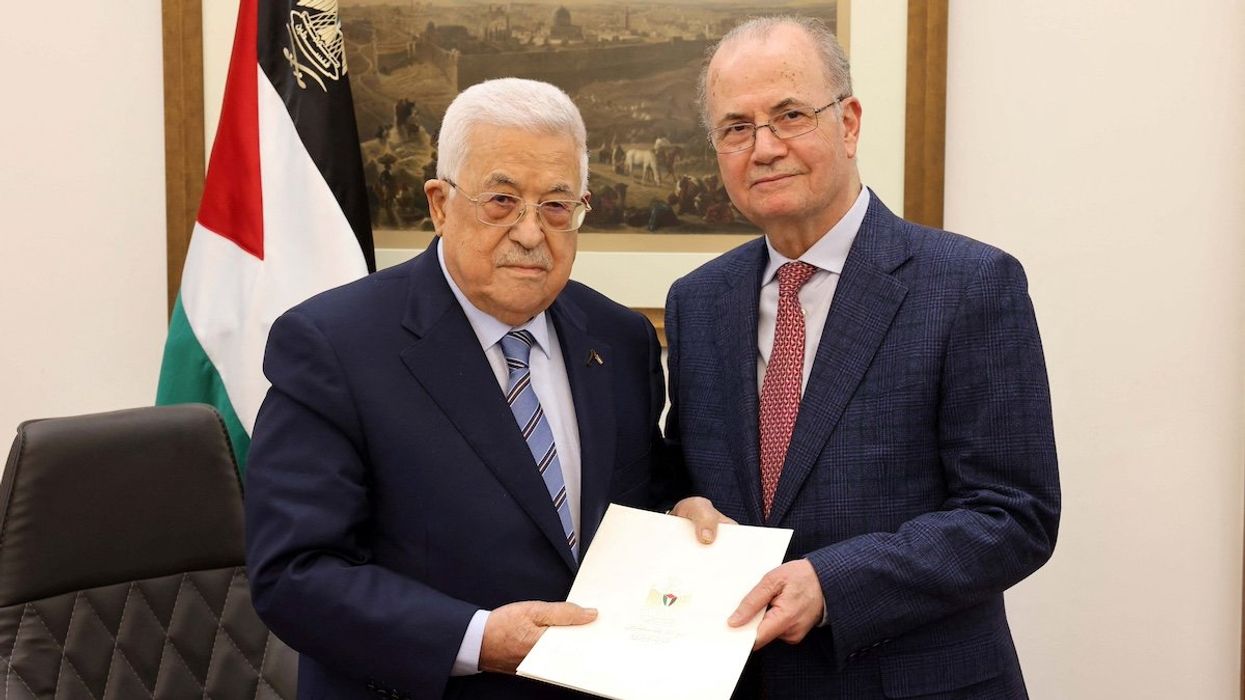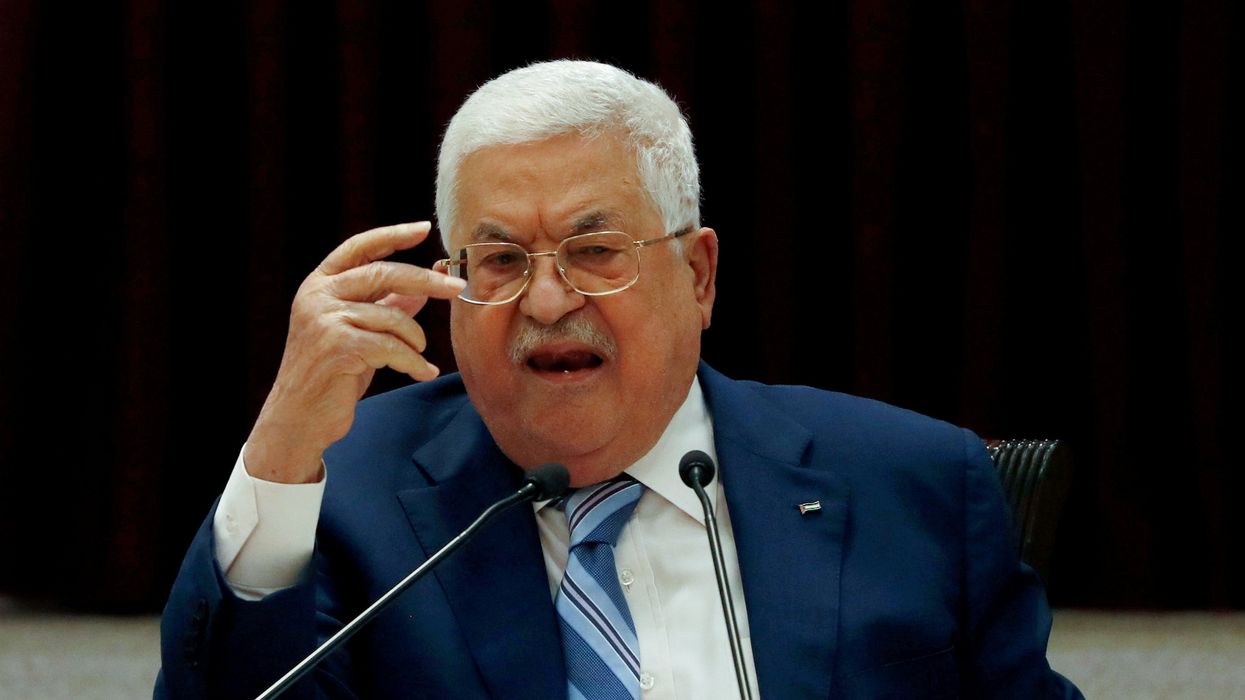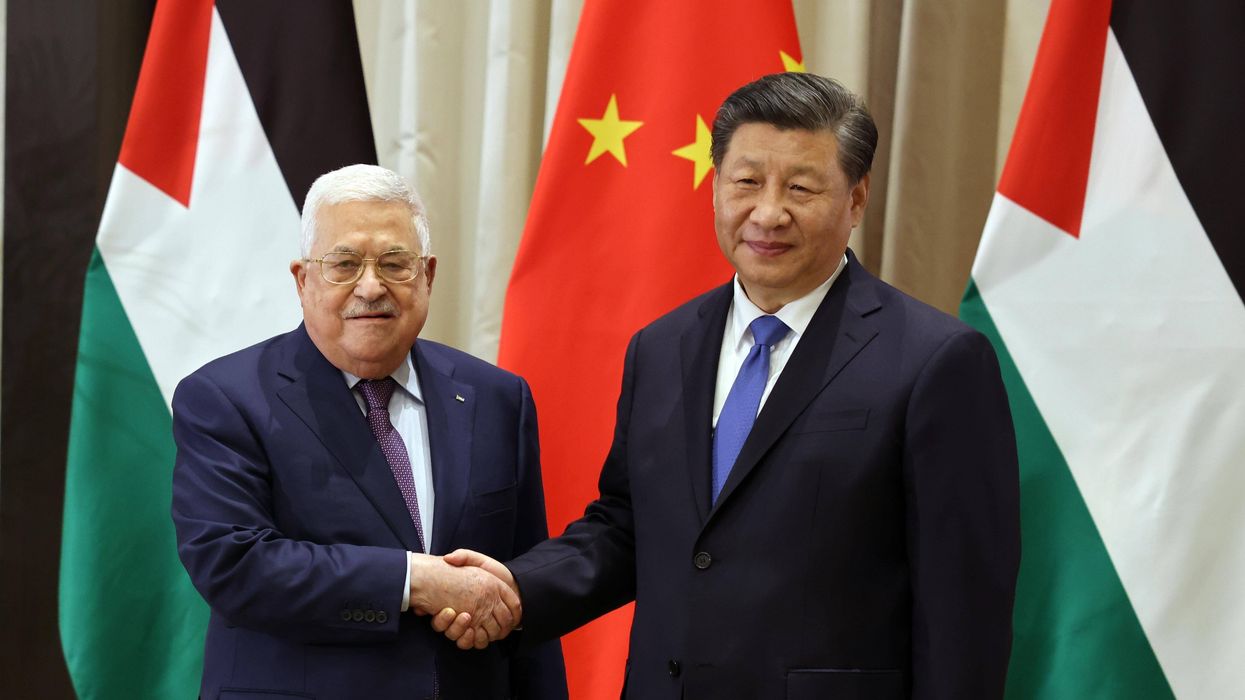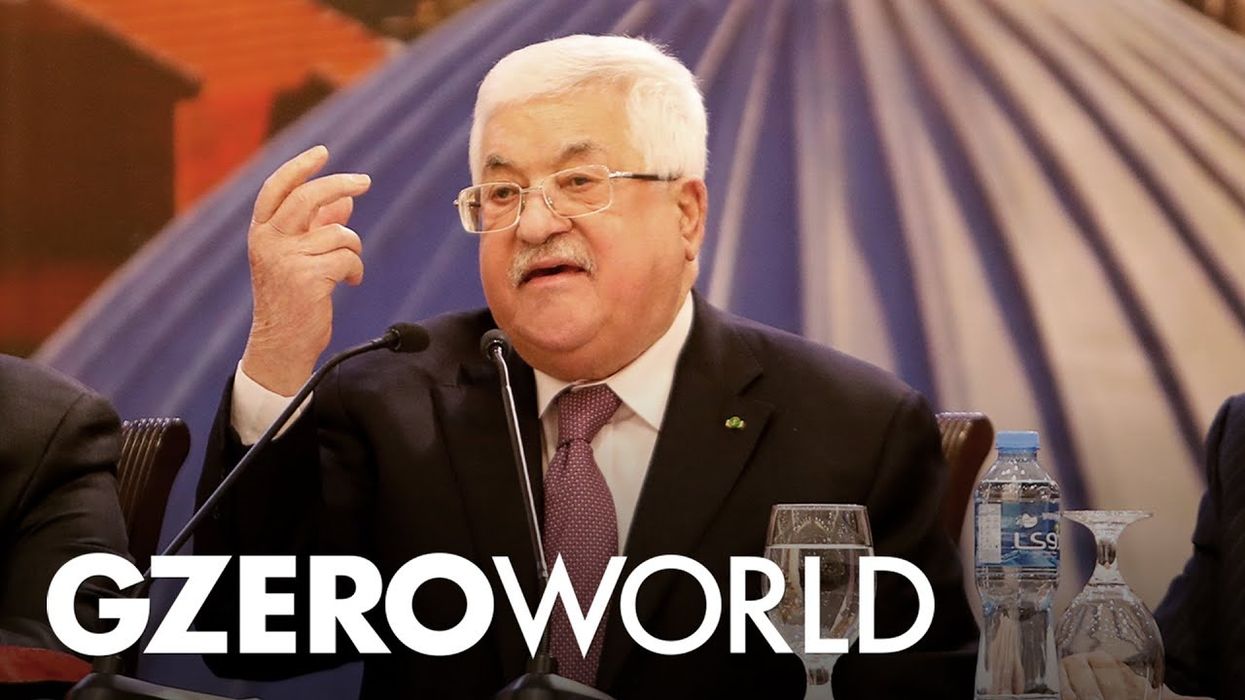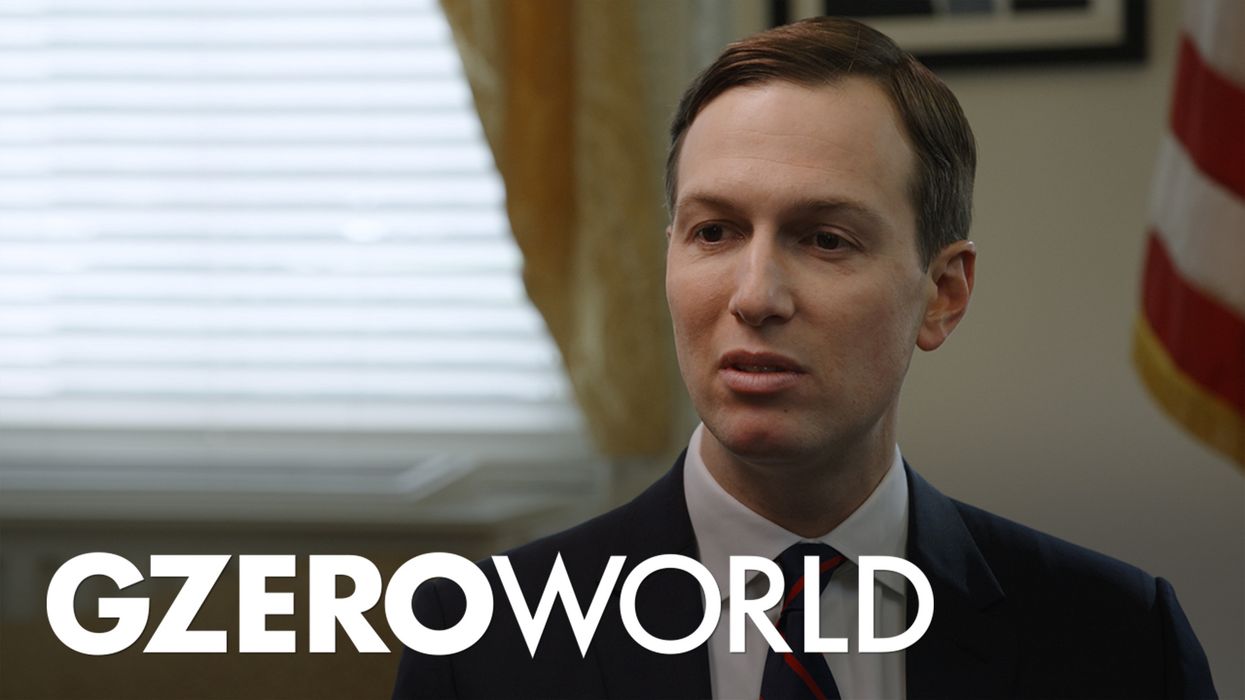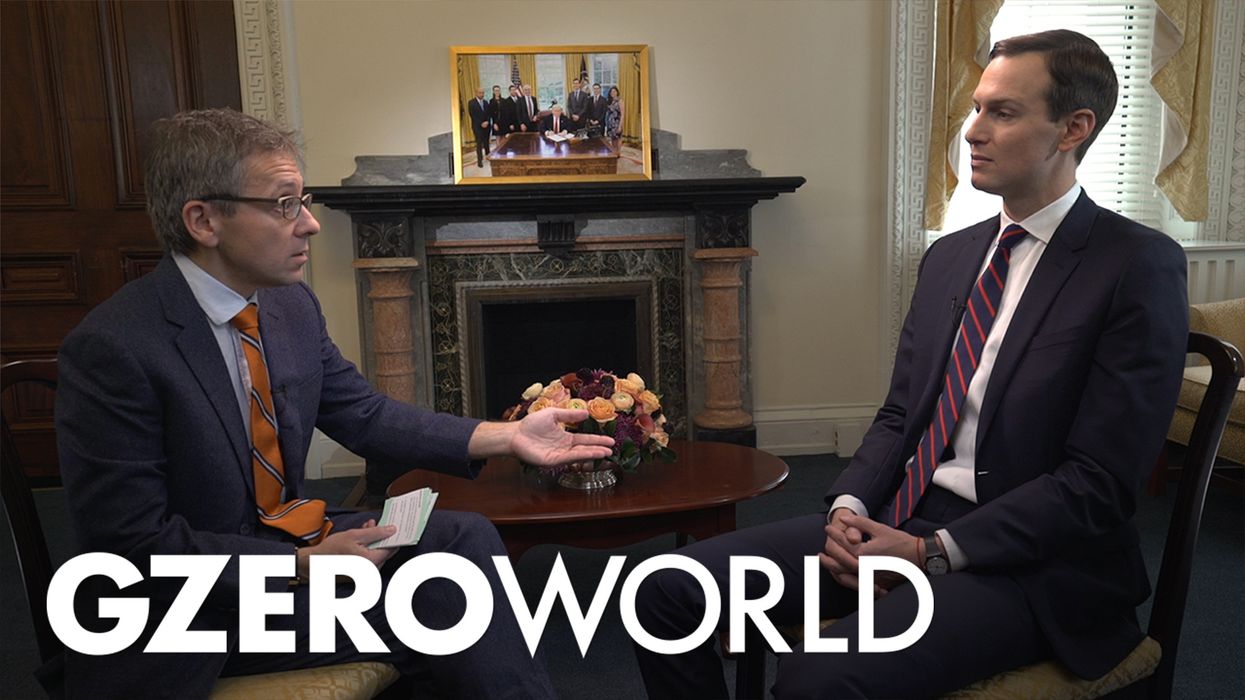What We're Watching
What We’re Watching: Gaza talks heat up at UN, Another coordinated drone move in Europe, Czechia’s Trump eyes comeback
Denied a US visa, Palestinian Authority President Mahmoud Abbas addressed the UN General Assembly remotely from Ramallah, accusing Israel of “war crimes” and “genocide” in Gaza while rejecting Hamas’s Oct. 7 attack and calling for the terrorist group to disarm.
Sep 25, 2025
